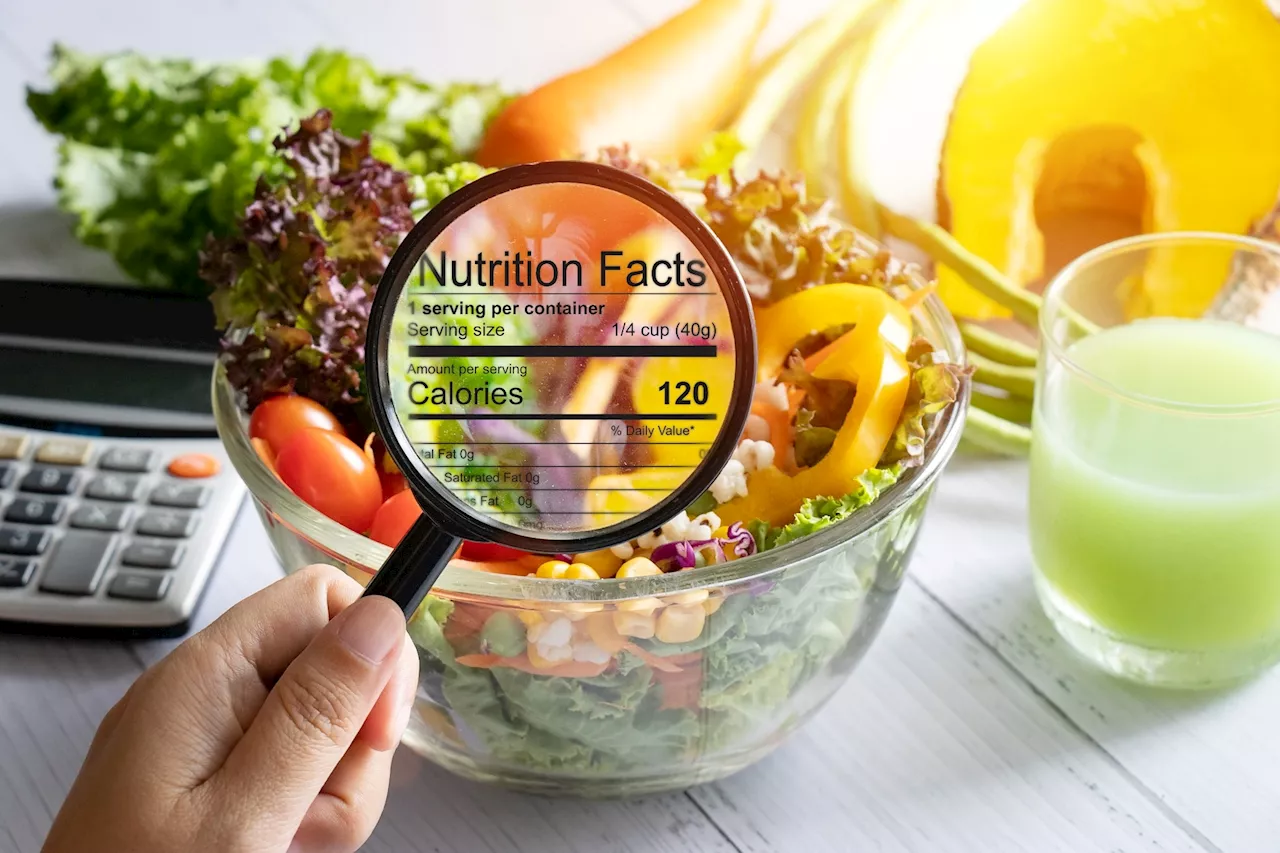Calorie labels on food may lower calorie intake, but findings on alcohol are inconclusive, indicating a gap in research for effective public health strategies.
By Priyanjana Pramanik, MSc.Reviewed by Lily Ramsey, LLMJan 21 2025 A comprehensive review highlights small but meaningful reductions in calorie selection and consumption from food labeling, while evidence for alcohol remains inconclusive.
Background Poor diets, including high consumption of unhealthy fats, sugars, salt, and alcohol, contribute significantly to global obesity and non-communicable diseases like heart disease, diabetes, and cancer. About the study As part of the search criteria, researchers included both randomized controlled trials and non-randomized studies to assess the impact of calorie labeling on food and drink choices. The review included studies on children and adults.
After identifying eligible studies from scientific literature databases and other resources, the research team constructed a dataset that included information about the study, setting , characteristics of the participants studied , the type of product, description of the label, duration of exposure to the intervention, and outcomes, including selection or consumption.
This analysis included 16 studies with 9850 participants, mostly comparing simple calorie labels to no labels. Most research took place in real-world settings like restaurants. Sensitivity analyses confirmed the results, indicating the reduction is consistent across different settings and types of labels.
Cancer Children Diabetes Food Heart Heart Disease Obesity Research
United Kingdom Latest News, United Kingdom Headlines
Similar News:You can also read news stories similar to this one that we have collected from other news sources.
 Christmas Drinks: The Most Calorie-Packed Festive TipplesThis article explores the calorie content of popular Christmas drinks, comparing eggnog, wine, and other festive favorites. It offers advice on how to enjoy your holiday indulgences without overdoing it on calories.
Christmas Drinks: The Most Calorie-Packed Festive TipplesThis article explores the calorie content of popular Christmas drinks, comparing eggnog, wine, and other festive favorites. It offers advice on how to enjoy your holiday indulgences without overdoing it on calories.
Read more »
 Lithocholic Acid: Calorie Restriction's Secret to Longevity and HealthA new study reveals how lithocholic acid, a key metabolite produced during calorie restriction, may hold the key to improved lifespan, stronger muscles, and overall health.
Lithocholic Acid: Calorie Restriction's Secret to Longevity and HealthA new study reveals how lithocholic acid, a key metabolite produced during calorie restriction, may hold the key to improved lifespan, stronger muscles, and overall health.
Read more »
 Healthy Eating Made Easy with Low-Calorie Air Fryer RecipesThis article explores healthy eating options for the new year, emphasizing the importance of a balanced diet. It highlights five delicious and low-calorie air fryer recipes from Good Housekeeping, offering variety for both vegetarians and meat eaters.
Healthy Eating Made Easy with Low-Calorie Air Fryer RecipesThis article explores healthy eating options for the new year, emphasizing the importance of a balanced diet. It highlights five delicious and low-calorie air fryer recipes from Good Housekeeping, offering variety for both vegetarians and meat eaters.
Read more »
 Low-Calorie Air Fryer Recipes for a Healthy JanuaryGovernment plans for calorie labeling and restrictions on unhealthy food placement make January a great time to prioritize healthy eating. These low-calorie air fryer recipes provide delicious and nutritious meal options from Good Housekeeping, perfect for both vegetarians and air fryer enthusiasts.
Low-Calorie Air Fryer Recipes for a Healthy JanuaryGovernment plans for calorie labeling and restrictions on unhealthy food placement make January a great time to prioritize healthy eating. These low-calorie air fryer recipes provide delicious and nutritious meal options from Good Housekeeping, perfect for both vegetarians and air fryer enthusiasts.
Read more »
 Swap Your Way to 1,000 Fewer CaloriesFitness expert Adam Enaz, an NHS dietician, suggests simple food swaps to reduce calorie intake without sacrificing taste. He recommends swapping out high-calorie breakfast options like granola and toast for zero-fat Greek yogurt with berries, and replacing calorie-laden lunches like sandwiches with hearty vegetable or protein-packed lentil or chicken soups. For dinner, he advises opting for lighter chicken dishes instead of creamy korma.
Swap Your Way to 1,000 Fewer CaloriesFitness expert Adam Enaz, an NHS dietician, suggests simple food swaps to reduce calorie intake without sacrificing taste. He recommends swapping out high-calorie breakfast options like granola and toast for zero-fat Greek yogurt with berries, and replacing calorie-laden lunches like sandwiches with hearty vegetable or protein-packed lentil or chicken soups. For dinner, he advises opting for lighter chicken dishes instead of creamy korma.
Read more »
 Swap Out These Calorie-Packed Foods for Slimming AlternativesFitness expert Adam Enaz, an NHS dietician, suggests simple food swaps to reduce daily calorie intake without sacrificing taste. He recommends replacing sugary breakfast options like granola and toast with protein-rich Greek yogurt and berries. For lunch, he advises swapping sandwiches for hearty vegetable or lentil soups. He also recommends lighter alternatives to calorie-dense dishes like chicken korma.
Swap Out These Calorie-Packed Foods for Slimming AlternativesFitness expert Adam Enaz, an NHS dietician, suggests simple food swaps to reduce daily calorie intake without sacrificing taste. He recommends replacing sugary breakfast options like granola and toast with protein-rich Greek yogurt and berries. For lunch, he advises swapping sandwiches for hearty vegetable or lentil soups. He also recommends lighter alternatives to calorie-dense dishes like chicken korma.
Read more »
